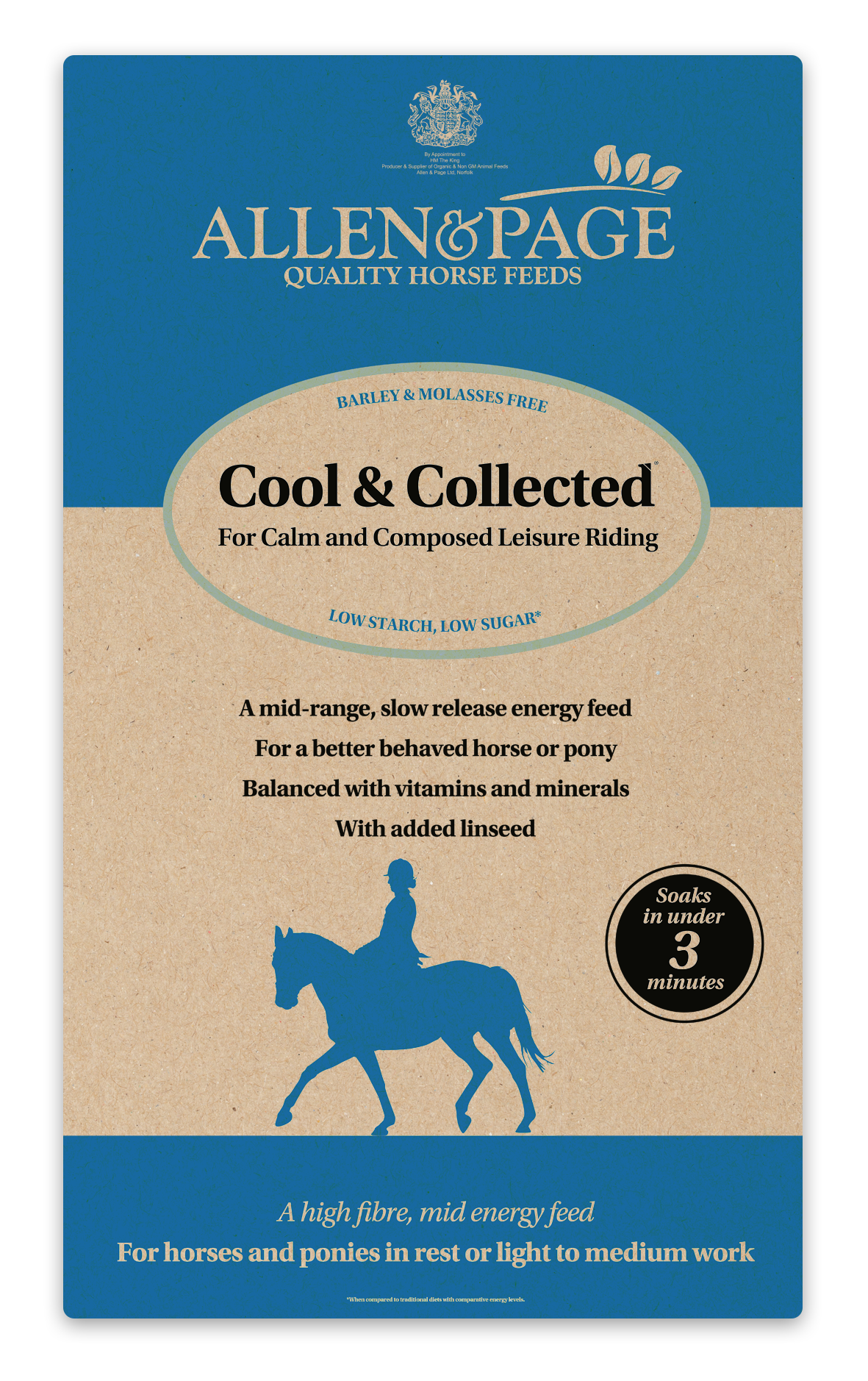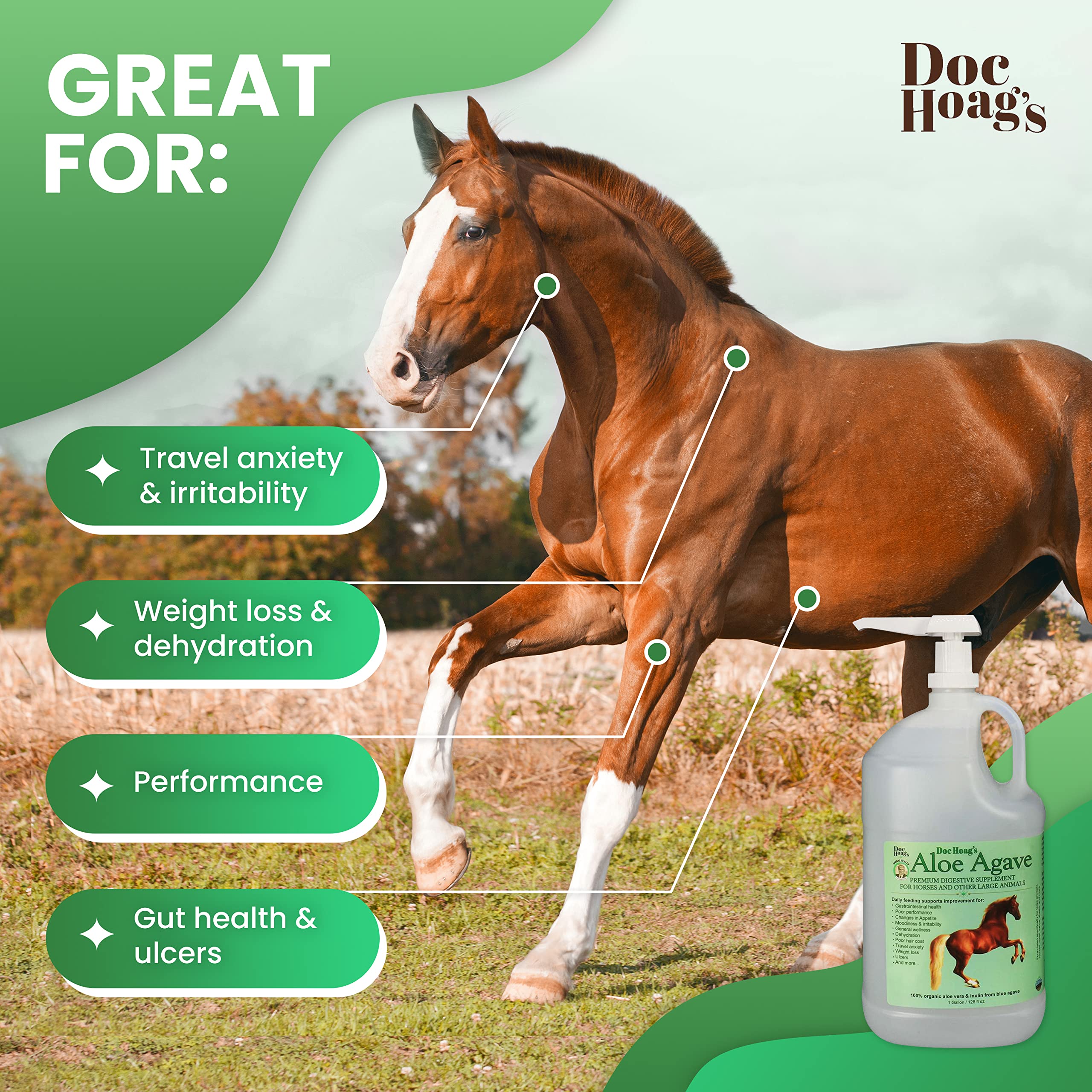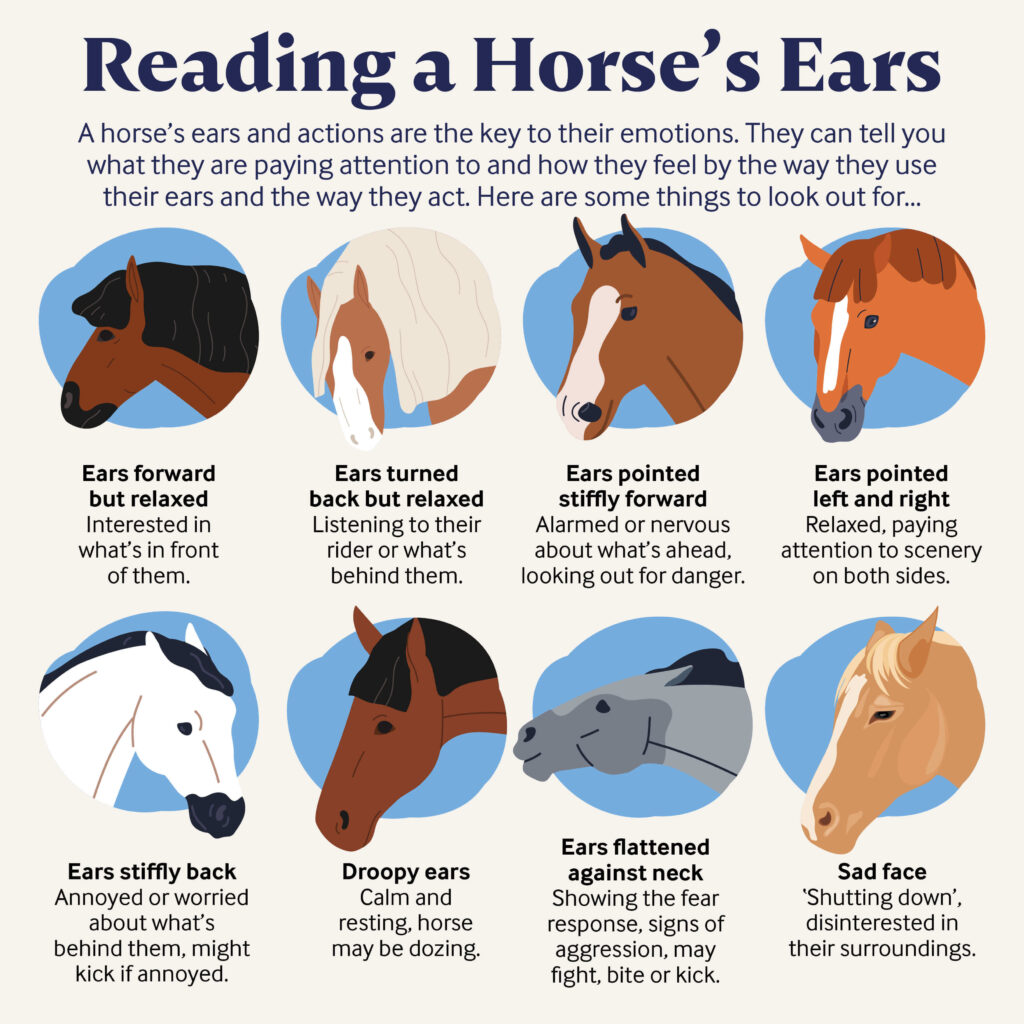Feeding Horses with Performance Anxiety: A Comprehensive Guide

Performance anxiety in horses can significantly impact their health and performance. Proper feeding strategies play a crucial role in managing this condition effectively. This article explores how nutrition can help alleviate performance anxiety in horses, offering practical advice supported by scientific insights.
Understanding Performance Anxiety in Horses

Performance anxiety in horses manifests as nervousness, restlessness, sweating, and sometimes refusal to perform. It is often triggered by stressful situations such as competitions, transportation, or unfamiliar environments. Managing this anxiety is essential for the horse’s well-being and optimal performance.
Nutritional Strategies to Support Anxious Horses
Feeding horses with performance anxiety requires a balanced approach that supports their nervous system and overall health.
| Nutrient | Role in Anxiety Management | Food Sources |
|---|---|---|
| Magnesium | Helps calm the nervous system and reduce stress | Alfalfa, beet pulp, magnesium supplements |
| Tryptophan | Precursor to serotonin, promotes relaxation | Oats, soybeans, alfalfa |
| Omega-3 Fatty Acids | Anti-inflammatory properties, supports brain health | Flaxseed, fish oil supplements |
| B Vitamins | Support energy metabolism and nervous system function | Bran, brewer’s yeast, leafy greens |
Key Feeding Tips
- Consistent Feeding Schedule: Maintain regular feeding times to reduce stress.
- High-Quality Forage: Provide ample hay or pasture to promote digestive health.
- Limit High-Starch Feeds: Excess starch can increase excitability.
- Hydration: Ensure constant access to clean water.
Supplements and Natural Remedies
Certain supplements can aid in calming anxious horses:
- Magnesium Supplements: Often used to reduce nervousness.
- Herbal Remedies: Valerian root and chamomile may have calming effects.
- Electrolytes: Help maintain balance during stress.
Always consult a veterinarian before introducing supplements.
Monitoring and Adjusting the Diet
Regularly observe your horse’s behavior and performance. Adjust the diet based on:
- Changes in anxiety levels
- Physical condition
- Performance outcomes
Keeping a feeding diary can help track what works best.
Frequently Asked Questions (FAQ)
Q1: Can diet alone cure performance anxiety in horses?
A1: Diet plays a supportive role but should be combined with training and environmental management.
Q2: Are there any risks with magnesium supplementation?
A2: Excessive magnesium can cause digestive upset; always follow dosage guidelines.
Q3: How soon can I expect to see improvements?
A3: Changes may take several weeks; consistency is key.
Conclusion
Feeding horses with performance anxiety involves a thoughtful balance of nutrients, consistent routines, and careful monitoring. By addressing their dietary needs, you can help reduce anxiety symptoms and enhance their performance and well-being.
For more detailed guidance, always consult with an equine nutritionist or veterinarian.
